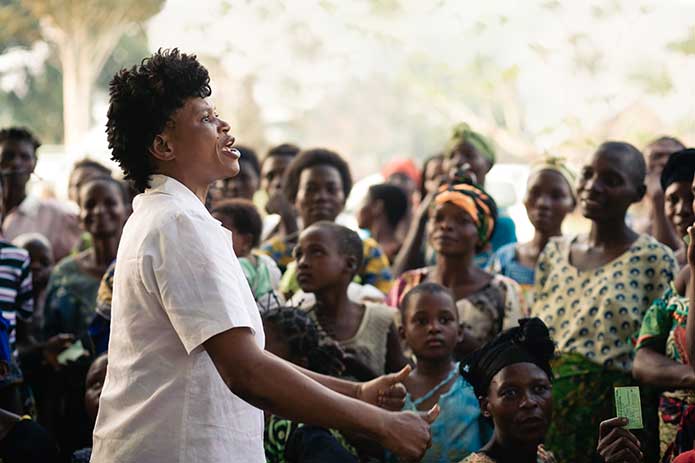Mental illness is responsible for a large portion of total global burden of disease. Unilateral depression is presently the fourth largest source of DALYs in the world and is projected to become second within 20 years, behind only heart disease. An estimated 450 million people suffer from mental illness globally. Very few ever receive treatment. Less than 10% of those affected in low income countries are treated. High income countries fare somewhat better with 30% receiving professional attention. However, effective treatments are available for the range of mental disorders. A major hindrance to progress in this space is cultural: people are often too embarrassed to tell others about their problems or seek treatment. In low income countries, there is little understanding about mental illness, and affected individuals are often ostracized and abused.
“But the fruit of the Spirit is love, joy, peace, patience, kindness, goodness, faithfulness, gentleness, self-control; against such things there is no law.”
Task-Shifting Works
It is not economically feasible to train enough psychiatrists and psychologists to meet the demand for mental health workers in the developing world. However, providing relatively short training programs for people from the community to perform mental health care roles such as counselling, has proven very effective. This is referred to as “task-shifting,” which is endorsed by the WHO. While improving physical health care access requires many highly trained professionals like physicians, mental health care has an advantage in cost effectiveness that community members can be quickly trained and paid modestly. Delivering counselling in groups makes mental health care delivery even more affordable. There are presently very little mental health services available in low income countries, but if community mental health worker programs are scaled up, it may be feasible to cost-effectively cover the entire population.

Community health workers have proven effective in low-resource settings.
Another promising area for progress in global mental health is in public education and changing cultural attitudes. In high income countries, most people don’t seek treatment for mental health problems. The situation in developing countries are much worse — people do not realize they have a mental health issue or don’t feel comfortable seeking help, seeing it as embarrassing or a sign of weakness. In some cultures, it is normal to abuse to the mentally ill or attribute the disorder to the supernatural, including being cursed by God. Also, it is common in many countries for people to simply deny having any emotional disturbance and seek help only for somatic symptoms. Addressing the public knowledge and cultural barriers to mental health care can bring about lasting social progress. It is long-term work, but potentially transformative.
 Relevance to Christians
Relevance to Christians
“And now, my friends, all that is true, all that is noble, all that is just and pure, all that is lovable and gracious, whatever is excellent and admirable—fill all your thoughts with these things”
The Bible encourages positive thinking and mental health. Christianity offers wisdom in this regard, as does modern psychology. Since mental illness causes much suffering and dysfunction, it necessitates equal regard as physical illness and the utilization of whatever tools are backed by evidence to help people get better.
 Opportunities for Effective Altruism
Opportunities for Effective Altruism
Sangath and StrongMinds are two notable charities in this field. Sangath performs research and counceling in India. It is at the forefront of developing mental health services for Indians, with applicability to other low income countries. StrongMinds operates group therapy sessions for women in Africa experiencing depression.
